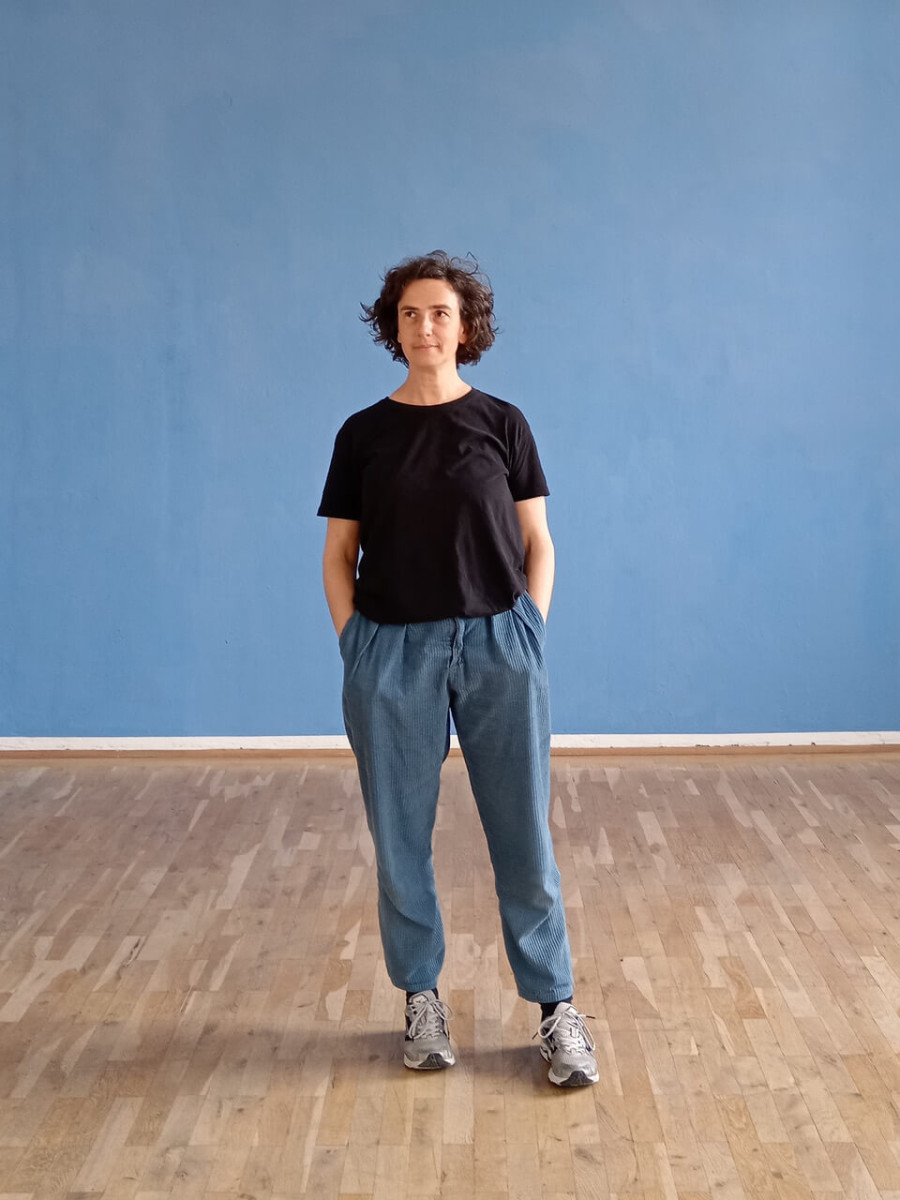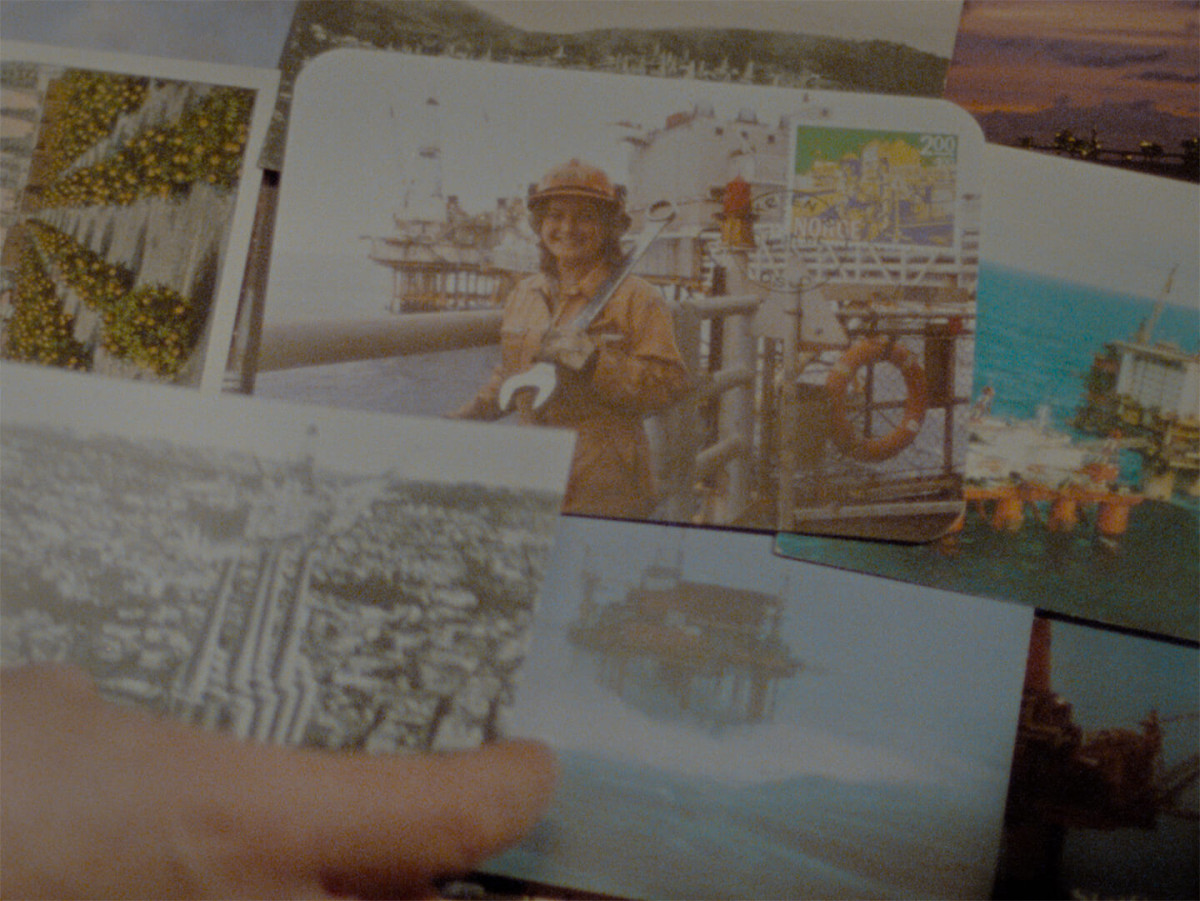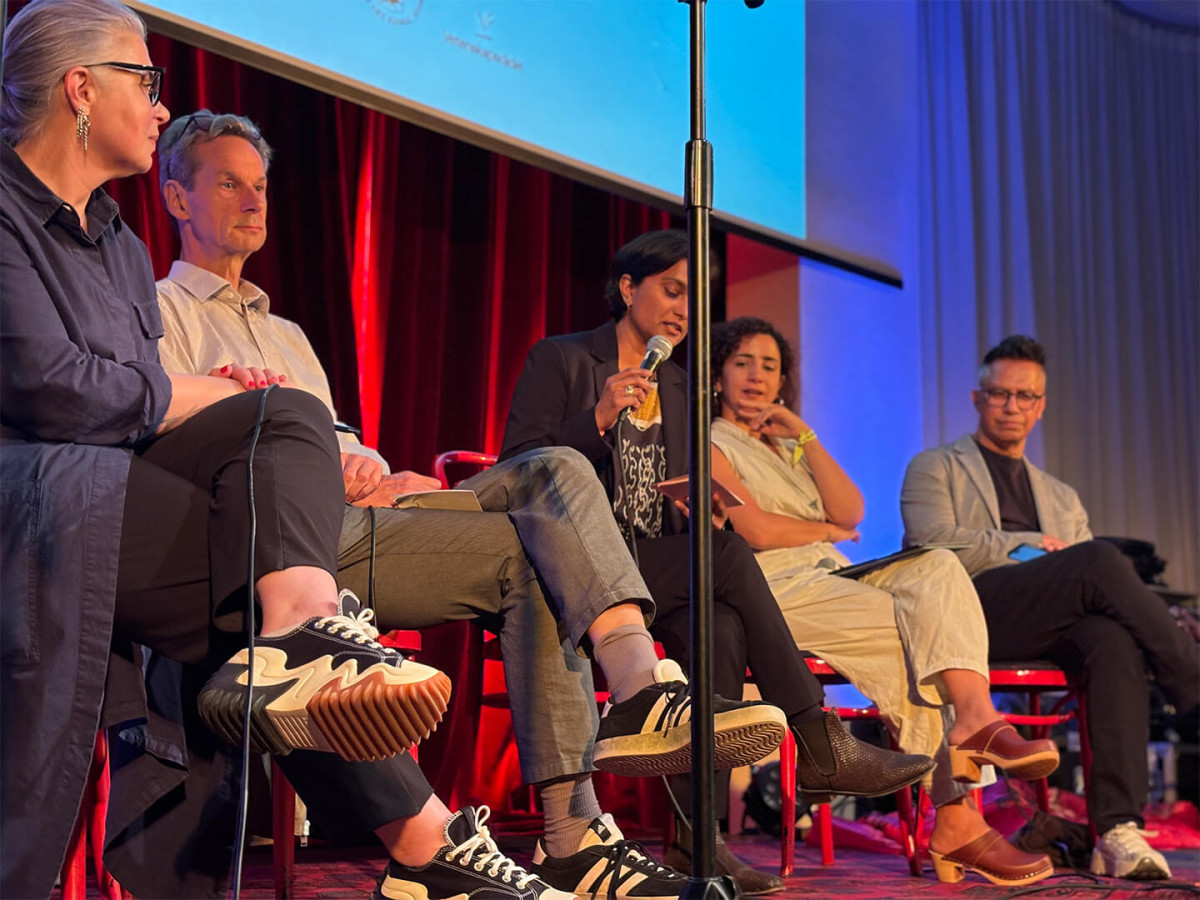We are delighted to welcome choreographer Alice Chauchat as Senior Guest Researcher at CAPIm.
Based in Berlin, Alice’s practice unfolds through collaboration as a lived condition—where distance, alterity, and de-centering become generative forces. Trained in Lyon and at P.A.R.T.S. Brussels, she has worked with artists including Xavier Le Roy, Anne Juren, Tino Sehgal, and Juan Dominguez.
Since 2014, she has developed Togethering, an ongoing choreographic research into the ethics of intimacy across radical difference—activating practices of not-knowing, approximation, and shared attention across studios, stages, and public space.



